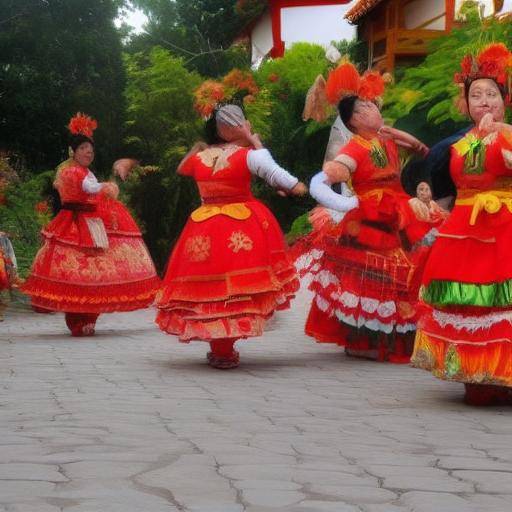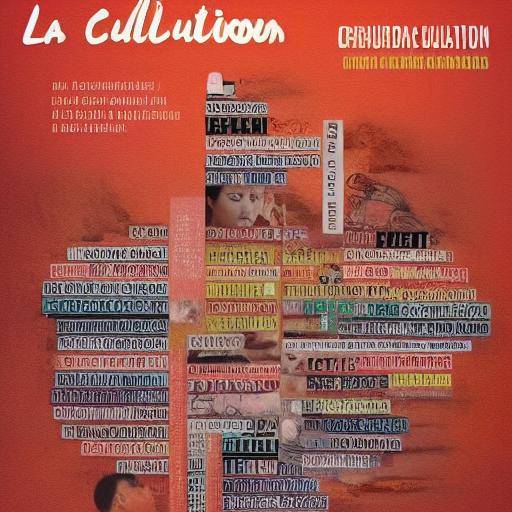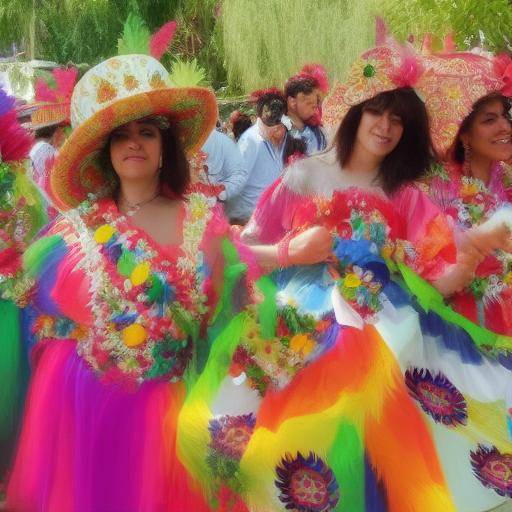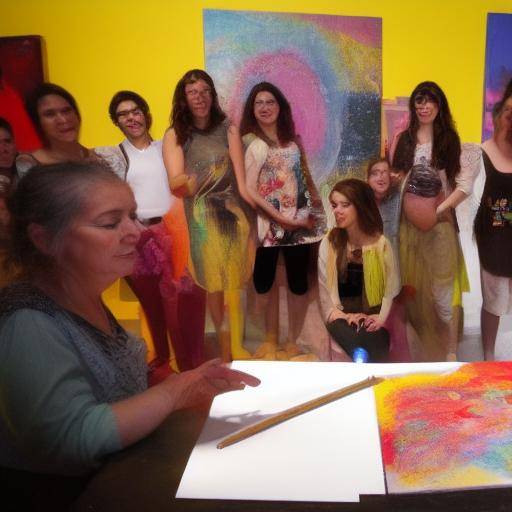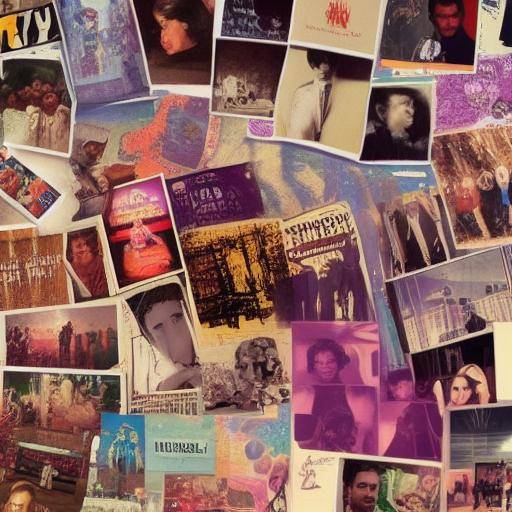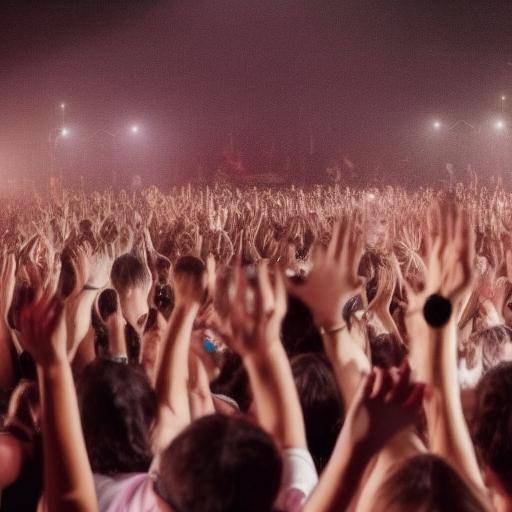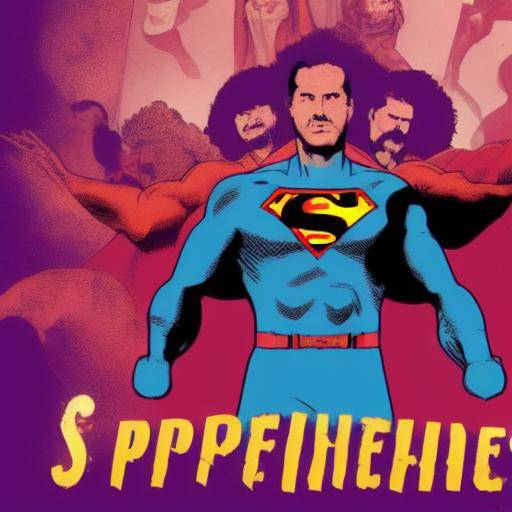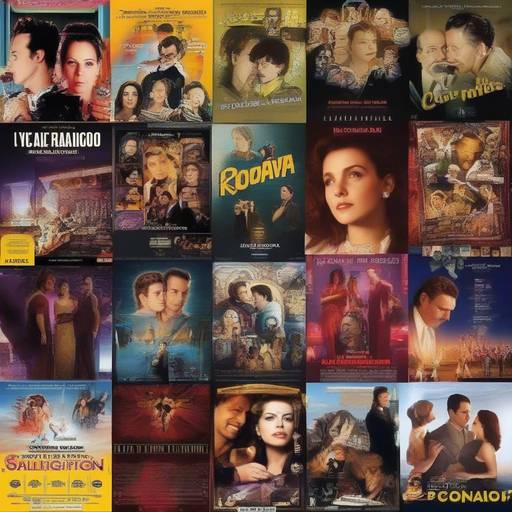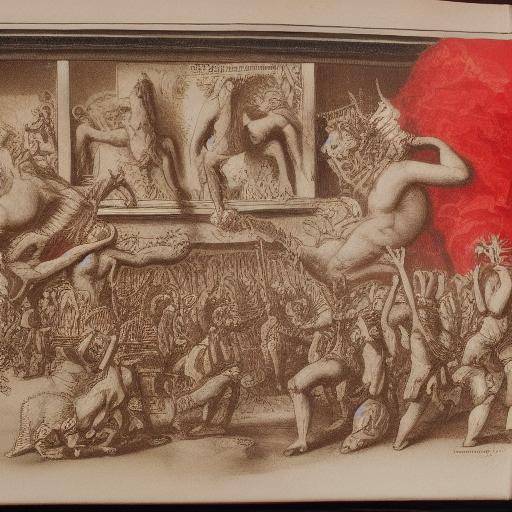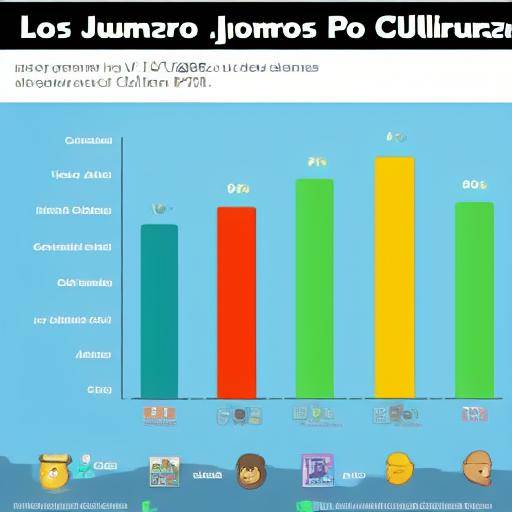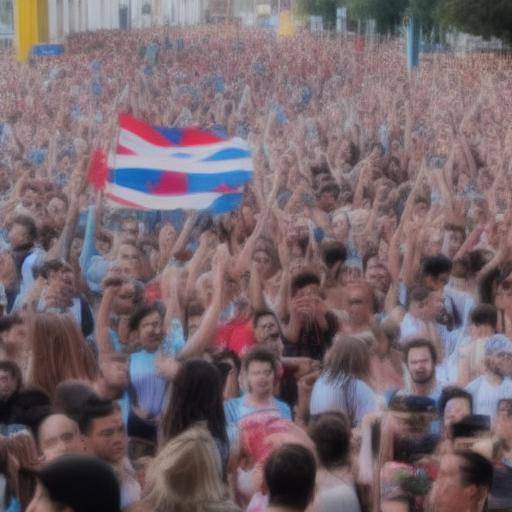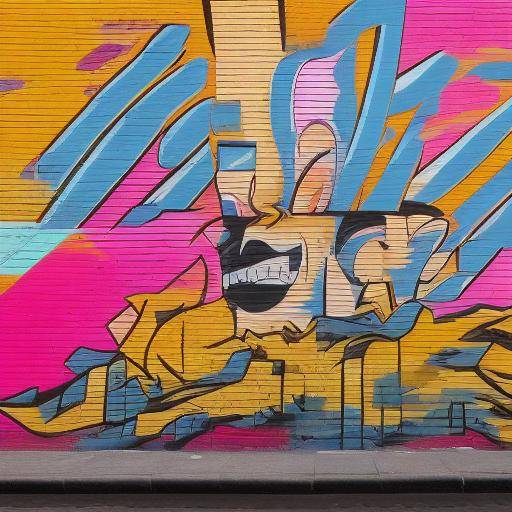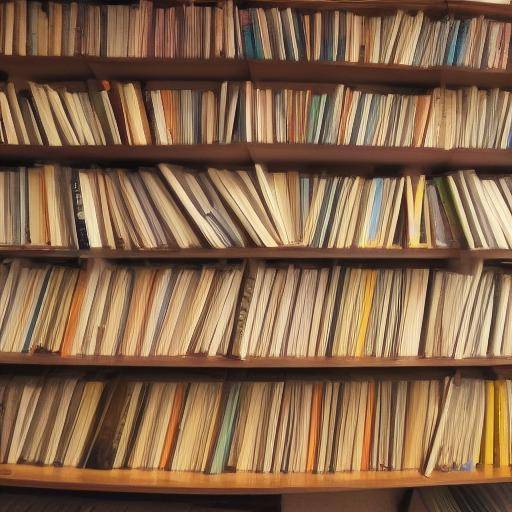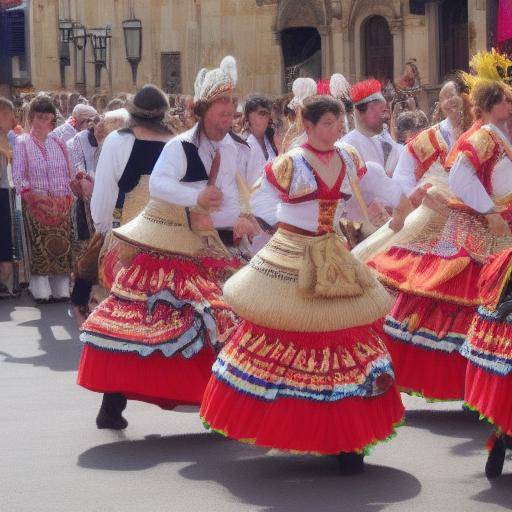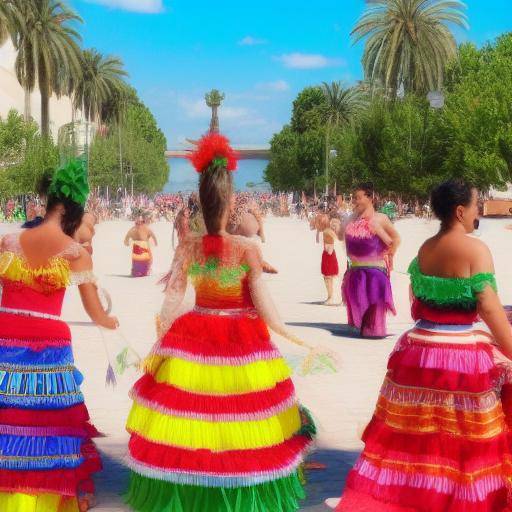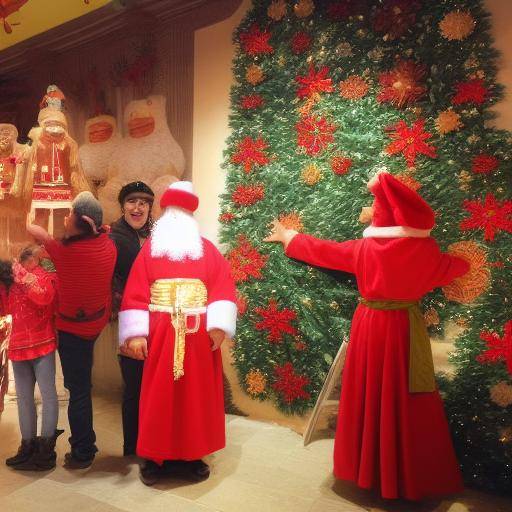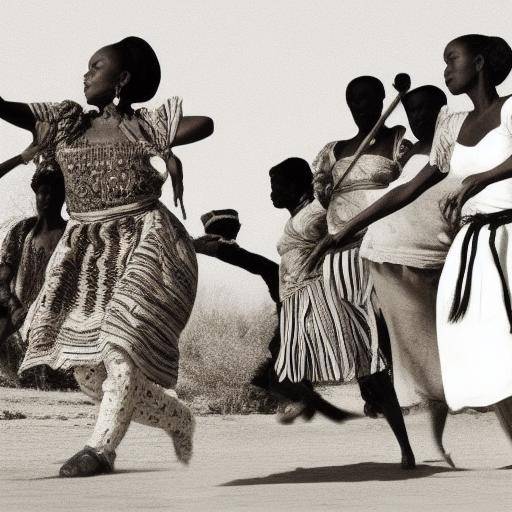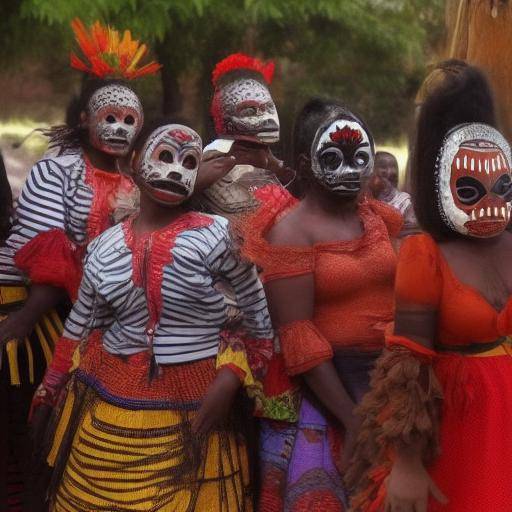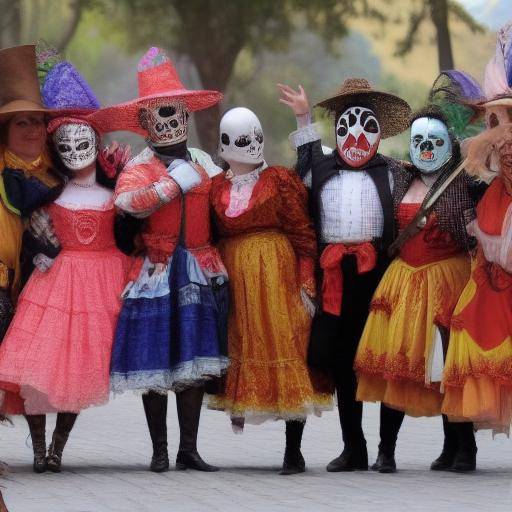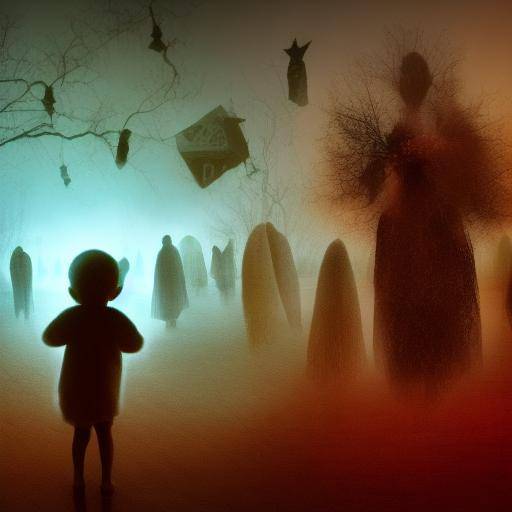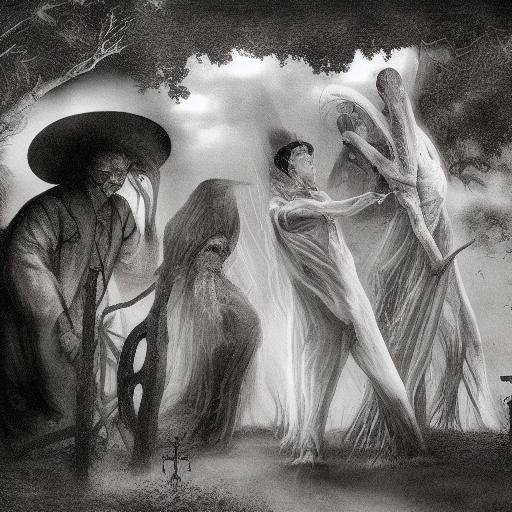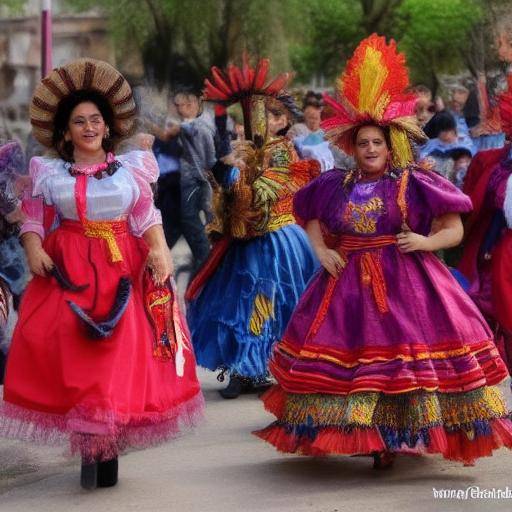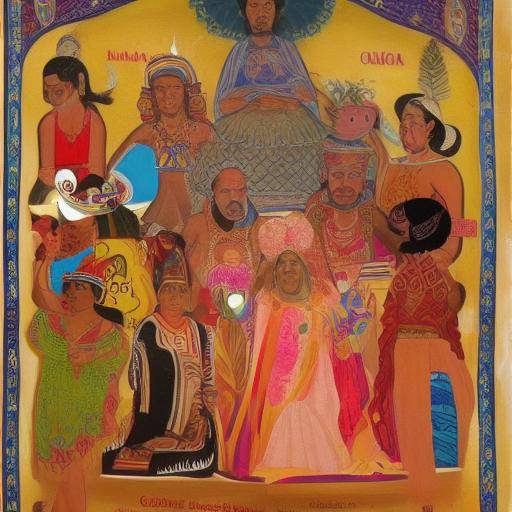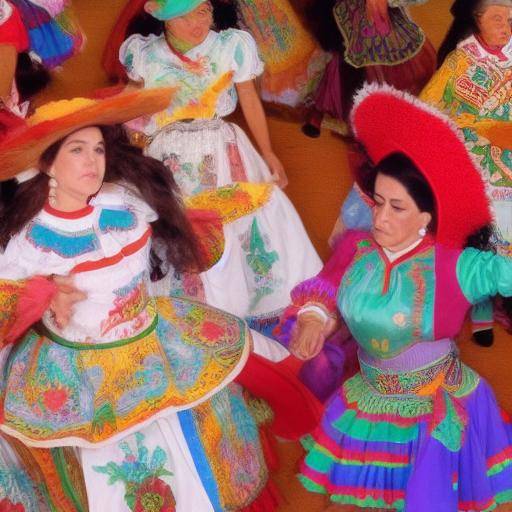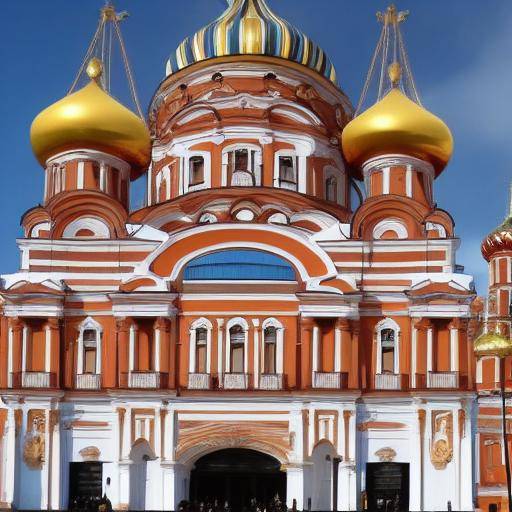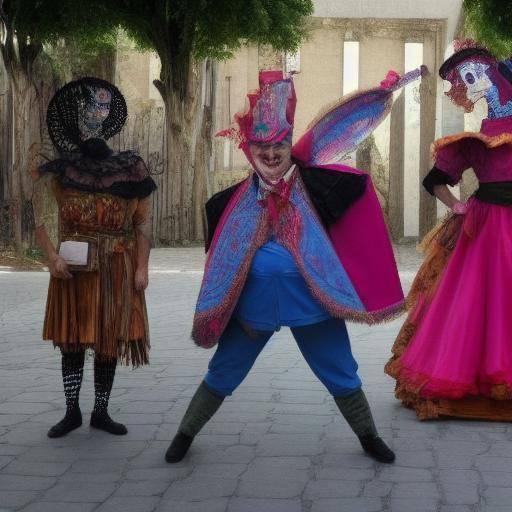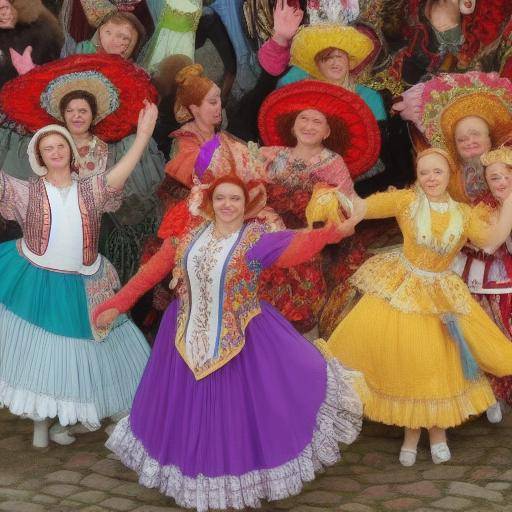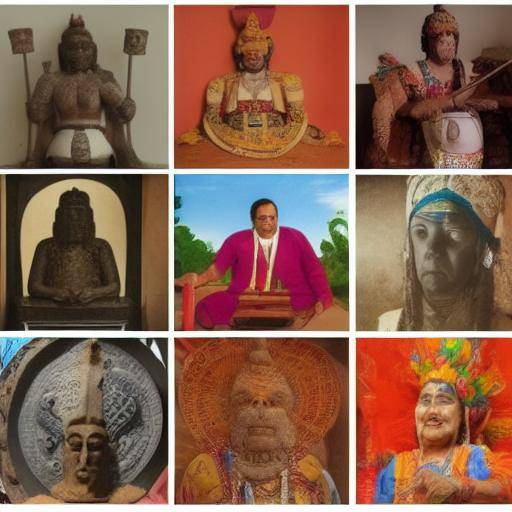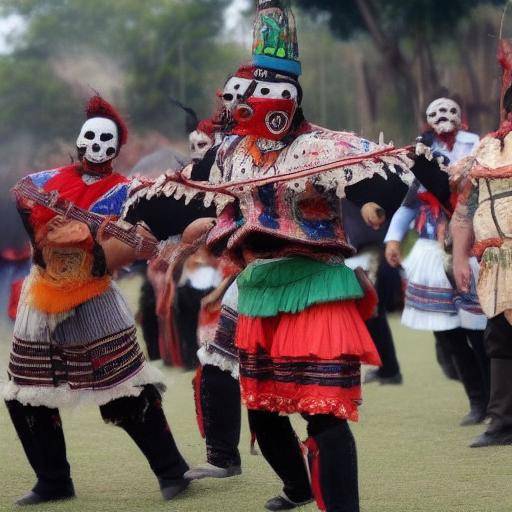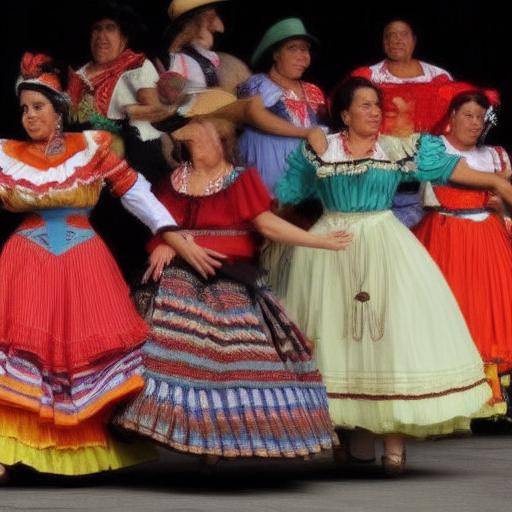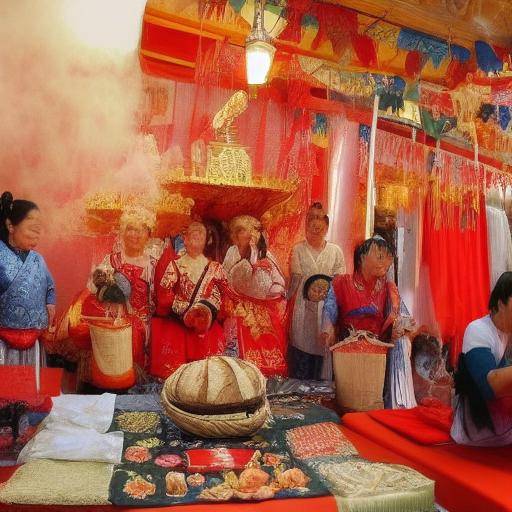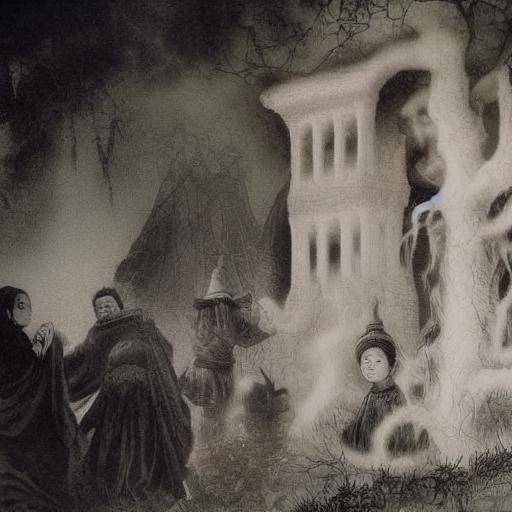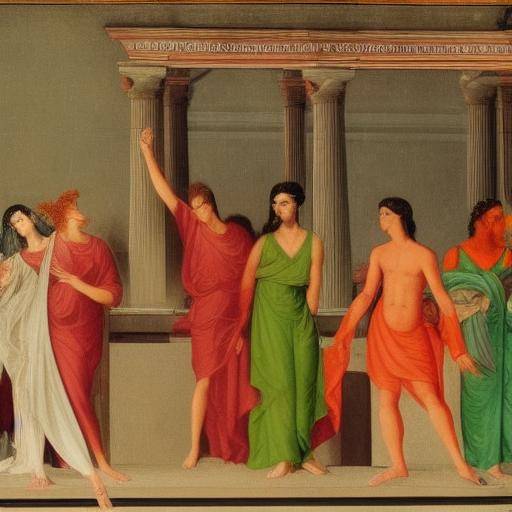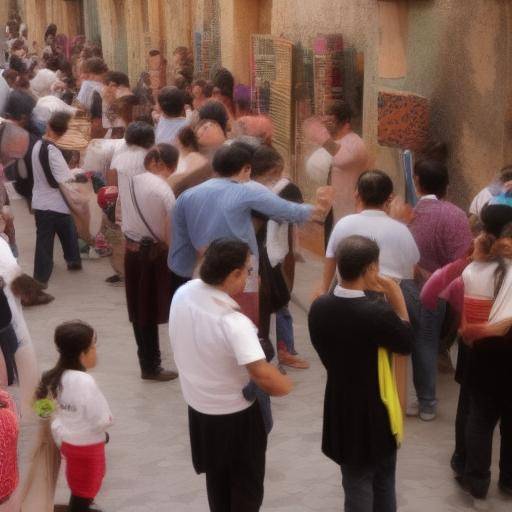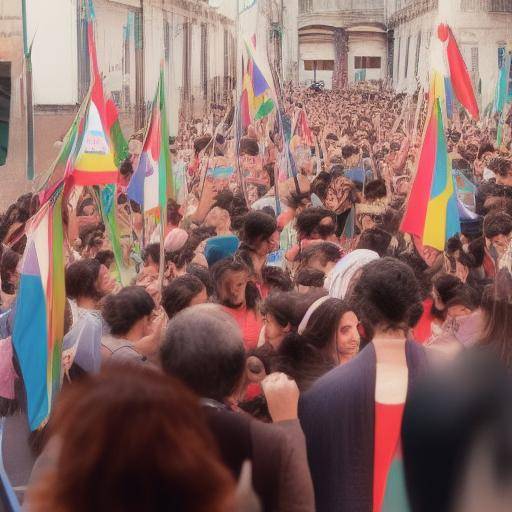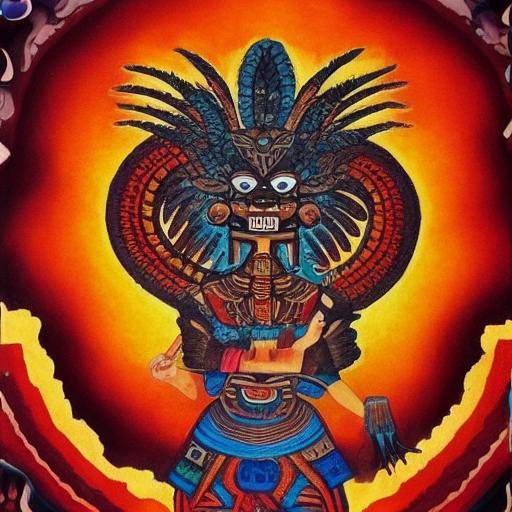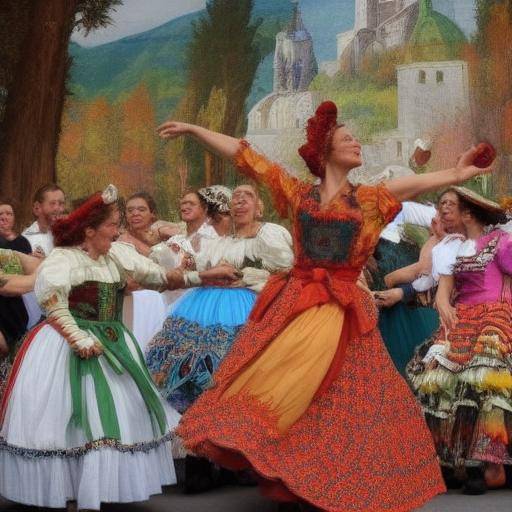
European folklore is a rich and diverse expression that has left an indelible mark on the cultural traditions of the continent. Throughout history, folklore has influenced the traditions, customs and celebrations of the different regions of Europe, creating a network of cultural links that last until today. In this article, we will explore in depth the impact of folklore on European traditions, its evolution over time, its current relevance and its future projection. Come with us on this journey through the cultural wealth of Europe and discover the fundamental role that folklore has played in its traditions.
History and Evolution of Folklore in Europe
The European folklore has deep roots dating back centuries. From ancient legends and myths to contemporary artistic expressions, folklore has evolved over time, adapting to the changing cultural and social realities. Popular stories, traditional music, folk dance and regional festivities are just some of the manifestations of folklore that have shaped European traditions over the centuries.
In the Middle Ages, folklore played a crucial role in transmitting values, beliefs and stories that formed the identity of communities. Popular tales, superstitions and ritual practices were fundamental elements in people's daily lives, contributing to the construction of a sense of belonging and social cohesion.
Throughout the centuries, European folklore has experienced various influences, from the introduction of new traditions during the expansion of empires to the reinterpretation of old customs in the modern context. These cultural interactions have further enriched the folk heritage of Europe, generating a diversity of expressions that reflect the complexity and wealth of European culture.
Impact of Folklore on European Traditions
The impact of folklore on European traditions is profound and multifaceted. From regional holidays to traditional artisanal practices, folklore has permeated almost all aspects of life in Europe. Popular celebrations, such as the Carnival of Venice in Italy, the Seville Fair in Spain or the Oktoberfest in Germany, are outstanding examples of how folklore has shaped cultural festivals and events throughout the continent.
Traditional arts, such as folk music and regional dance, also reflect the influence of folklore in European traditions. These forms of cultural expression not only preserve the historical roots of a community, but also foster a sense of identity and cultural pride among younger generations.
In addition, folklore has influenced the architecture, crafts and traditional clothing of the different regions of Europe. The techniques of construction, ornamental designs and textiles have been shaped by the stories, symbols and motifs of folklore, creating a tangible legacy that lasts today.
Current Challenges and Opportunities
Despite its profound impact on European traditions, folklore also faces challenges in the modern era. The rapid pace of globalization, change in social dynamics and loss of interest in ancestral traditions represent significant challenges for the preservation and promotion of folklore in Europe. However, these challenges have also generated opportunities to rethink and revitalize folk expressions, adapting them to contemporary contexts and attracting new audiences.
The resurgence of interest in sustainable practices, cultural tourism and the valuation of historical roots has provided a renewed impetus for the preservation and dissemination of folklore in Europe. Heritage conservation initiatives, the organization of folk festivals and government support for traditional expressions have helped to keep folk traditions alive and to promote the appreciation of the cultural wealth of Europe in the modern world.
The Folklore as Intangible Cultural Heritage
In recognition of its cultural importance, folklore has been regarded as an immaterial cultural heritage by UNESCO. This designation highlights the relevance of folklore as a living and dynamic expression of the cultural identity of communities, as well as its role in promoting intercultural dialogue and cultural diversity. In addition, this designation seeks to safeguard and promote the transmission of folklore to future generations, ensuring their continuity and relevance in the global context.
The recognition of folklore as an immaterial cultural heritage has generated greater support for its preservation and promotion at the national and international levels. This has led to the implementation of cultural policies aimed at safeguarding folklore expressions, as well as the creation of educational programmes and community activities aimed at transmitting the knowledge and appreciation of folklore to future generations.
The Future of the European Folklore
As Europe continues to evolve in the 21st century, the future of folklore is presented as a territory of possibilities and challenges. The integration of new technologies, cultural diversity and global awareness raise new opportunities for the preservation, innovation and diffusion of European folklore in the coming years.
Intercultural collaboration, the exchange of good practices and the active participation of communities are fundamental aspects to ensure the continuity and relevance of folklore in the future. Promoting creativity, supporting folk artists and promoting cultural diversity will be key elements in strengthening the role of folklore in contemporary European society.
In short, European folklore has left an indelible mark on the traditions of the continent, enriching the cultural life of Europe with its artistic expressions, its popular holidays and its historical legacy. As Europe advances towards the future, folklore will continue to play a vital role in preserving cultural identity and promoting intercultural dialogue, ensuring its place as an invaluable treasure of European cultural diversity.
Frequently asked questions
What is the importance of folklore in European traditions?
Folklore plays a key role in preserving cultural identity, transmitting ancestral knowledge and promoting intercultural dialogue in Europe. His artistic expressions, popular festivities and traditional narratives have enriched European traditions throughout history.
How has folklore evolved over time in Europe?
Folklore has evolved adapting to the changing cultural and social realities of Europe. From ancient legends and myths to contemporary artistic expressions, folklore has adapted to new cultural dynamics, maintaining its relevance over the centuries.
What challenges does folklore face in the modern era?
Folklore faces challenges such as loss of interest in ancestral traditions, the rapid pace of globalization and change in social dynamics. However, these challenges have also generated opportunities to rethink and revitalize folk expressions, adapting them to contemporary contexts.
Why is folklore considered intangible cultural heritage?
Folklore is considered an immaterial cultural heritage because of its importance as a living and dynamic expression of cultural identity, its role in promoting intercultural dialogue and its contribution to cultural diversity. This designation seeks to safeguard and promote the transmission of folklore to future generations.
What are the opportunities for the future of European folklore?
The future of European folklore presents opportunities for preservation, innovation and diffusion. The integration of new technologies, cultural diversity and global awareness provide new avenues for promoting folklore and ensuring its continuity in the contemporary context.
How can communities contribute to the preservation of folklore?
Communities can contribute to the preservation of folklore through active participation in the transmission of knowledge, the organization of folk festivals, the creation of educational programs and the promotion of cultural diversity. Intercultural collaboration and the assessment of folk expressions strengthen the role of folklore in society.
In conclusion, the impact of folklore on European traditions is an invaluable cultural legacy that continues to enrich the lives of communities in Europe. Its historical relevance, its influence on popular holidays, traditional art and its role as intangible cultural heritage underscore its importance in European cultural diversity. With a vision for the future, folklore remains a vital element for cultural identity and intercultural dialogue in Europe.
Discover the magic of European folklore and immerse yourself in the cultural traditions that have endured over the centuries!

